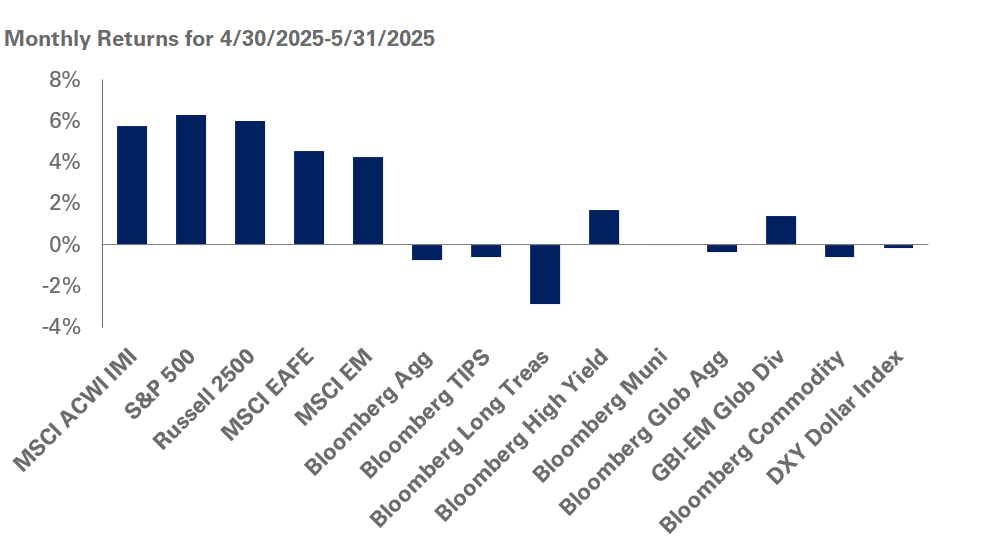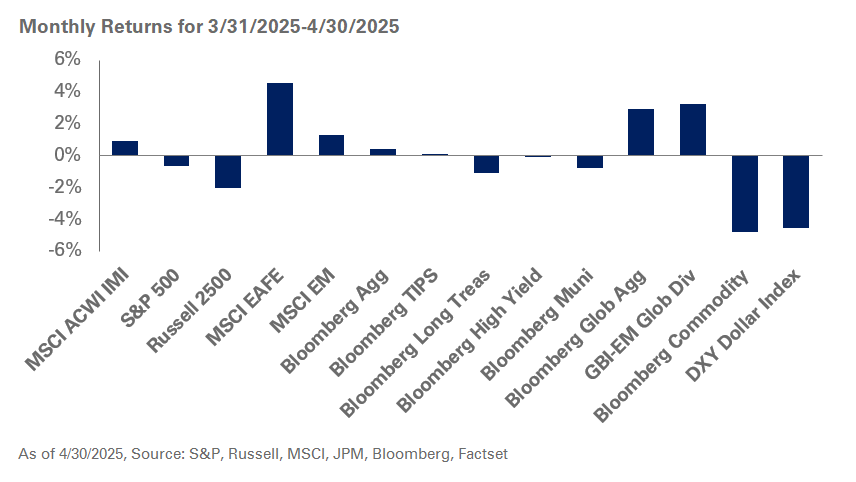The NEPC team breaks down the significance (or lack of) of Fitch Ratings’ recent downgrade of the long-term sovereign credit ratings of the United States to AA+ from AAA on investment portfolios. We turn to Jennifer Appel, CFA, Senior Investment Director, Asset Allocation to understand the implications of the ratings downgrade for global markets and investors.
1. What is the reason behind the downgrade?
In its decision to downgrade U.S. debt ratings, Fitch cited expected fiscal deterioration in the coming years stemming from the country’s growing debt burden and the extended political gridlock. The move follows the rating agency’s downgrade warning in May amid prolonged debt ceiling negotiations.
2. How does the downgrade affect the creditworthiness of the U.S.?
Despite the downgrade, we believe the U.S. remains highly creditworthy and view risk of a U.S. default as a low-probability event. While the change highlights a worsening fiscal outlook for the U.S., we believe the U.S. will maintain its safe-haven status and Treasuries will continue to be the global standard for liquidity.
3. Will the downgrade affect demand for Treasuries?
We do not view the downgrade as having a significant impact on market pricing. S&P’s rating downgrade of the U.S. in 2011 was met by a sell-off in equity markets and increased demand for Treasuries amid the uncertainty. Since the 2011 downgrade, most investment policy language has been updated to reflect debt backed by the U.S. government, versus a specific credit rating, which may help alleviate widespread price pressure from forced selling.
That said, U.S. interest rates have moved higher this week, with the 10- and 30-year Treasury yields gaining 12- and 14-basis points, respectively, since Monday. The upward pressure in rates has also likely been influenced by news of larger-than-expected Treasury issuance later this month and the Bank of Japan yield curve control policy adjustment.
4. Keeping in mind the current market environment, what are NEPC’s recommendations?
We maintain our recommendation to hold dedicated fixed-income exposure as a critical liquidity source for the portfolio and to offer downside protection in periods of market stress. In the current environment, we encourage investors to maintain greater levels of portfolio liquidity by utilizing a combination of U.S. Treasuries and cash for total return-focused investors.
Need professional guidance when it comes to managing your portfolio? Learn more about how the NEPC investment advisory solutions team can help!



